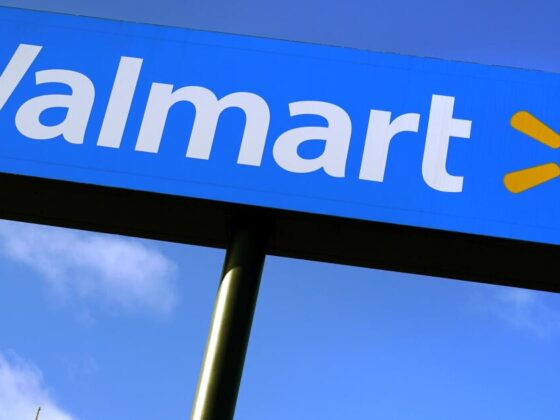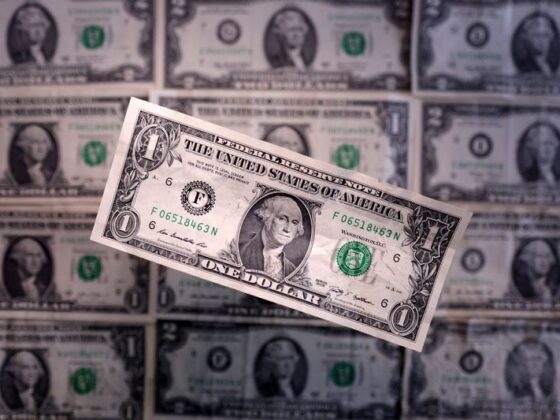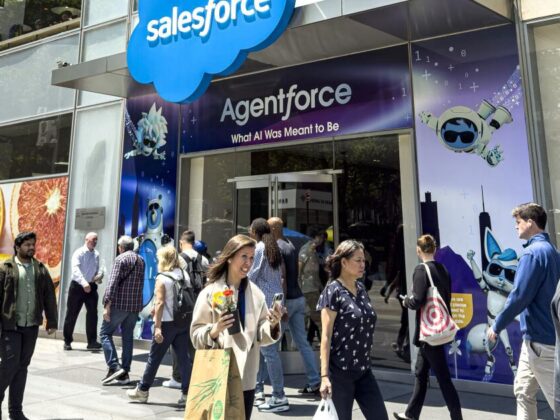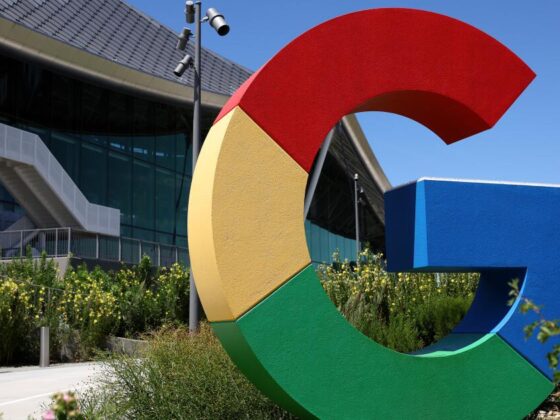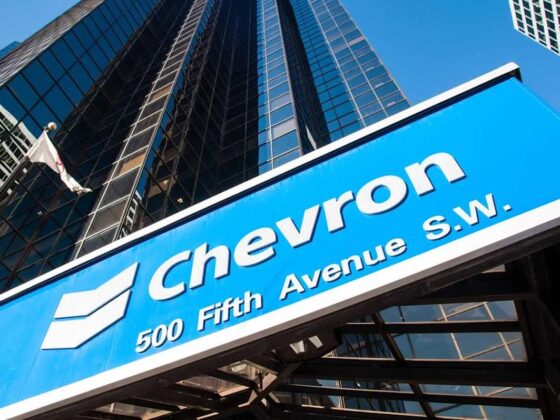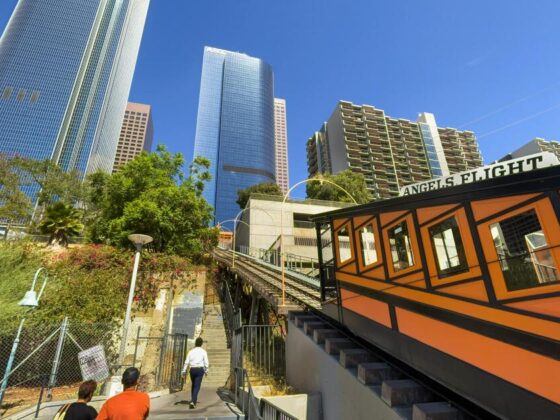A jar of pickled mango, a popular Indian condiment, costs $2.99 at Pioneer Cash & Carry in Artesia. But that price won’t hold for long.
The grocery store, nestled in the heart of Artesia’s Little India, has to raise prices to keep up with its rising costs in light of President Trump’s trade policy with India.
Beginning Friday, there will be a 25% tariff on Indian goods. Because the two nations could not reach an agreement before Trump’s deadline, the president signed an executive order Thursday night authorizing the tariffs for goods from India and several other countries to start in seven days.
Several businesses that rely on imported Indian goods in the Los Angeles area told The Times they would have to raise prices to maintain operations with the steep tariff. Business owners expressed anxiety over not knowing what the next couple of weeks or months will look like for their bottom lines.
Devraj Keray, the owner of Pioneer Cash & Carry, said some vendors already notified him that prices will go up 25% effective Monday. The business, which is one of the largest Indian grocery stores in California, will have to raise prices on imported Indian products.
“We’ll have to pass that on to the consumer,” he said. “There’s not really any way around that.”
Customers shop at Pioneer Cash & Carry in Little India in Artesia.
(Luke Johnson/Los Angeles Times)
The grocery store, which has two locations in Artesia, has been owned and operated by family since 1982. Keray said he anticipates customers will buy less, but they’ll still need basic grocery items.
“People will cut back, so we’ll feel a bit of a pinch,” he said. “It’s getting more and more expensive to do business day by day. It’s not going to be easy for the smaller guys.”
Artesia’s Little India area is a cultural hub for the community, and it’s one of the largest Indian enclaves in Southern California. Artesia City Councilmember Zeel Ahir said the strip of businesses along Pioneer Boulevard is the “heart and soul” of the area for Indians.
“It provides a sense of warmth and a homely feeling to know that the goods that were available in India for some immigrants are available here as well,” said Ahir, who has lived in the area for all her life.
India “is our friend,” Trump said on his Truth Social platform announcing the taxes, but its tariffs on U.S. products “are far too high.” Trump’s announcement of a 25% tariff on Indian goods on Wednesday came after a universal baseline tariff of 10% on imports from all foreign countries has already been in place for months.

A worker talks on the phone at India Appliances in Little India.
(Luke Johnson/Los Angeles Times)
Indian goods exports to the U.S. totaled more than $87 billion in 2024, according to the Office of the United States Trade Representative. The trade deficit with India was $45.7 billion last year, up more than 5% from 2023.
Pharmaceuticals, jewelry, textiles, spices and food products are among the common imports.
The Trump administration maintains that tariffs will “strengthen the international economic position” of the United States and protect American workers.
In addition to the 25% tariff on its products exported to the U.S., India is also facing an unspecified penalty for buying Russian oil.
“I don’t care what India does with Russia,” Trump wrote in a Truth Social post on Thursday. “They can take their dead economies down together, for all I care.”
Negotiations between the two countries continue, but local businesses are still scrambling to cope with the change in operations.
Beyond Artesia, which is in southeast Los Angeles County, the city of Los Angeles has several Indian grocery stores, apparel stores and other businesses that depend on Indian imports.
Dalbir Singh Ghotra, the owner of Kavita Grocery in the Palms neighborhood, said the tariff would “spell disaster for small businesses like us.”
After running the grocery store for the past three decades and keeping doors open through tough economic periods, Ghotra said he’s already seen sales drop recently as customers have tightened their belts amid growing economic uncertainty.
Just down the road at Bollywood Styles, a clothing and accessory store, owner Sneh Prasad said recent sales have dipped to the lowest levels she’s recorded in roughly 18 years, she said.
With the vast majority of her inventory imported from India, Prasad is concerned about what lies ahead.

A man walks into a shop in Little India in Artesia on Friday.
(Luke Johnson/Los Angeles Times)
“Businesses have already become harder for mom-and-pop stores like us,” she said. “If the import prices go up, I do not know how we will survive since sales may fall drastically.”
Many business owners said they have already seen foot traffic and sales slow down this summer. Some believe the downturn could be because customers are afraid of possible immigration raids targeting businesses that attract primarily immigrant customers.
“Ninety-nine percent of our customer base is Asian, from the Indian subcontinent, and [some] are not sure if they would even be able to live here,” said Krutika Pranav, the manager at Highglow Jewelers in Artesia. “All of that adds to the fear, and we’ve seen a tremendous slowdown because of that. The tariffs will make it even worse.”
Prashant “Peter” Patel, the president of the Indian American Business Assn. and Chamber, which is based in Florida but has ties to small businesses across the country, said Indian business leaders have a general sense of anxiety. He remains hopeful that the two countries’ leaders will reach a resolution soon.
“This is the time for diplomacy and pragmatism,” he said. “Our goal is not to politicize this issue, but to represent the voice of those working hard every day to grow businesses that serve, employ and uplift communities.”
Others were not as optimistic.
“It’s like a chess game, to see who makes the first move,” said Keray, the owner of Pioneer Cash & Carry. “It’s just a matter of how far it goes before the consumer is the one that becomes a victim of all this.”






